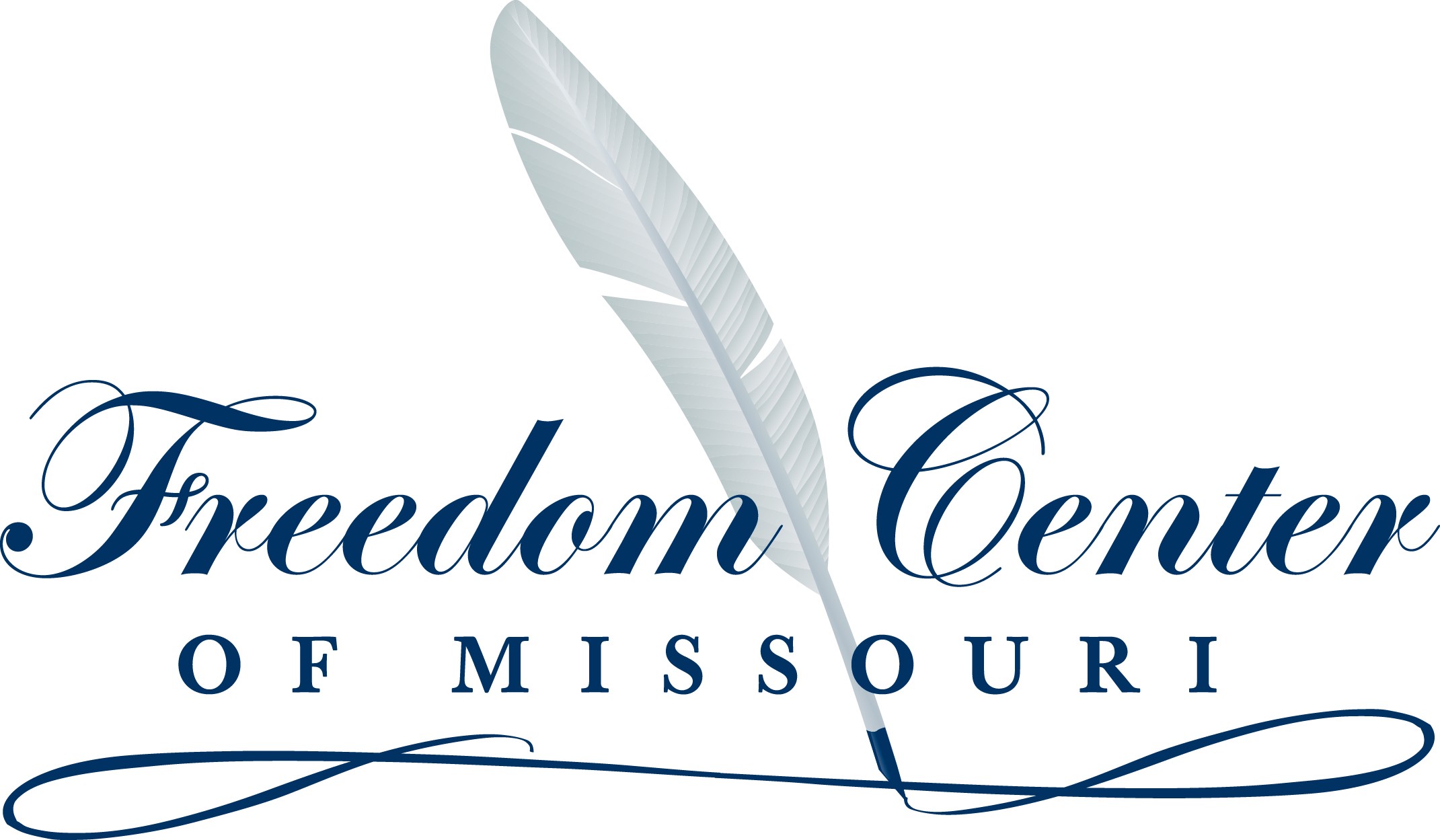FOR IMMEDIATE RELEASE: September 12, 2018
CONTACT: Dave Roland
Mexico, Missouri—In an unpublished opinion filed on September 11, 2018, in Malin v. MUSTANG, a panel of the Missouri Court of Appeals ruled that, although attorneys for the MUSTANG Task Force admitted that the Task Force had failed to offer any response to four separate requests for public records, the court would affirm a judgment stating that MUSTANG “complied or substantially complied” with the Sunshine Law. An unpublished opinion has no precedential value and may not be cited in future cases.
Between November 2013 and November 2014, MUSTANG responded to several public records requests that Aaron Malin had submitted to it. But between December 2014 and April 2015, the Task Force refused to respond in any way to four additional public records requests that Malin had made. Malin’s attorney sent the Task Force’s custodian of records a letter warning that the Sunshine Law required the Task Force at least to respond to Malin’s requests, even if it did not intend to produce the requested documents. After more than a month passed and the Task Force still had not responded to the four outstanding records requests or to the warning letter from Malin’s attorney, Malin sued the Task Force and each member of its Executive Board.
MUSTANG and its Board members argued for two years that the Task Force was not subject to the Sunshine Law at all. At trial, however, the Task Force’s former chairman and custodian of records, Callaway County Sheriff Dennis Crane, testified that he was aware that the Task Force was required to comply with the Sunshine Law although he claimed not to have received the warning letter from Malin’s attorney. Crane acknowledged that he did not respond to several of Malin’s requests. Malin insisted that this refusal to respond constituted a knowing and purposeful violation of the Sunshine Law.
Cole County Circuit Judge Patricia Joyce ruled that MUSTANG was indeed subject to the Sunshine Law. But rather than holding that MUSTANG’s failure to respond to Malin’s records requests constituted a violation of the Sunshine Law, the judge held that MUSTANG had “complied or substantially complied” with its obligations. Malin appealed, arguing that a government entity either complies with the Sunshine Law or does not. Even if the trial court determined that MUSTANG’s violations were not knowing or purposeful, Malin argued that it could not conclude that MUSTANG “complied or substantially complied” with its obligation to respond to his requests when it plainly did not do so. The Court of Appeals affirmed the trial court’s judgment.
“One of the most important functions courts have is to clarify what the laws require of citizens and public officials,” Malin explained. “When a court renders a decision about a particular statute, it doesn’t just impact the parties to that case, it provides guidance for everyone in a similar situation. Holding that a government entity can comply with the Sunshine Law without even responding to a records request sends a horrible message, that no matter how blatantly they violate the Sunshine Law government officials can escape even the mildest of consequences.”
“Missouri’s Sunshine Law will only function if courts hold government entities accountable when they violate the law,” said Dave Roland, Malin’s attorney and director of litigation for the Freedom Center of Missouri. “Although this opinion is unpublished, it will nevertheless embolden other government entities to ‘accidentally’ overlook their responsibilities when it comes to fulfilling citizens’ Sunshine Law requests.”
The Freedom Center is considering whether to ask the Court of Appeals to reconsider its ruling or whether to ask the Missouri Supreme Court to review the case.
Founded in October 2010, the Freedom Center of Missouri is a non-profit, non-partisan organization dedicated to research, litigation, and education in defense of individual liberty and constitutionally limited government. The Freedom Center is one of Missouri’s leading legal advocates for citizens’ rights to access public records and public meetings.
Additional information about the Freedom Center’s mission, cases, and activities can be found online at www.mofreedom.org.
# # #
[NOTE: To arrange interviews on this subject, journalists may call Dave Roland at (573) 567-0307.]
Western-District-Opinion
